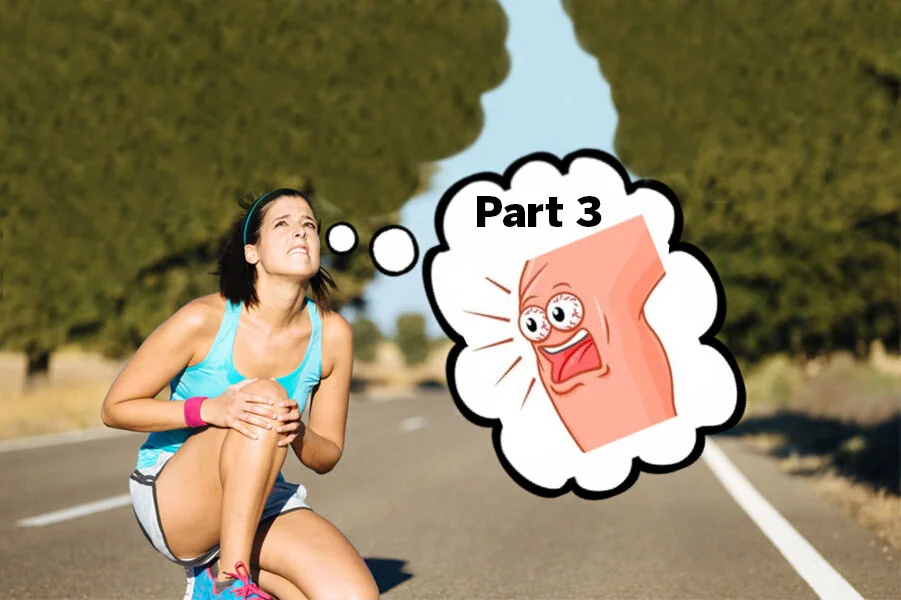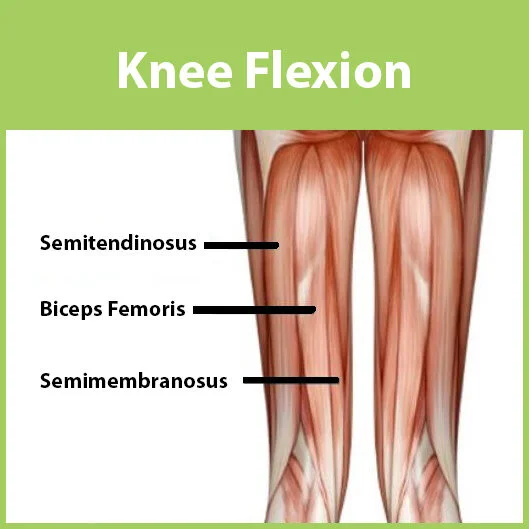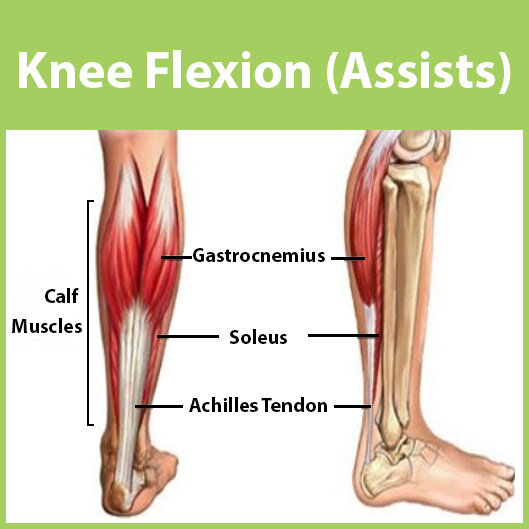Part 3: Do You Have The Proper Support Around Your Knee?
This is Part 3 of 5 blog posts about the 5 questions you need to ask yourself when it comes to your knee pain.
Do you have the proper support around your knee?
The stability of the knee joint is maintained by the shape and congruence of the joint and a combination of static and dynamic supporting structures. Some of the static stabilizers include the fibrous knee joint capsule, the four major ligaments ligaments:
Anterior Cruciate Ligament (ACL)
Posterior Cruciate Ligament (PCL)
Medial Collateral Ligament (MCL)
Lateral Collateral Ligament (LCL) and the Menisci
The dynamic stabilizers include the muscles acting over/crossing the joint. The muscles on the front side of the knee straighten (extend) the knee and are known as the Quadriceps. Quadriceps get their name from the four (quad) heads (ceps) that make up this muscle group:
Rectus Femoris
Vastus Intermedius
(Beneath Rectus Femoris)
Vastus Lateralis
Vastus Medialis
The muscles on the backside of the knee bend (flex) the knee and are made of two muscle groups: the Hamstrings and Gastroc Soleus Complex. The Hamstrings are located on the back of the thigh and are made up of three muscles:
Semitendinosus
Biceps Femoris
Semimembranosus
The Gastroc Soleus Complex makes up the calf with the Gastrocnemius which crosses the knee and the Soleus that does not.
If you have any instability in your knee resulting from anatomical abnormalities/changes or injury to your static stabilizers you need to focus on building a fortress around your knee with your dynamic stabilizers.
Feeling instability in your knee like shifting, buckling or giving way? It should be addressed. Remember that in the state of California you can self-refer to physical therapy. You can be evaluated and treated which will help prevent delays of traditional healthcare systems.
If you cannot wait for the roll out of the remaining blog posts you can catch all the information at once in the video below.





